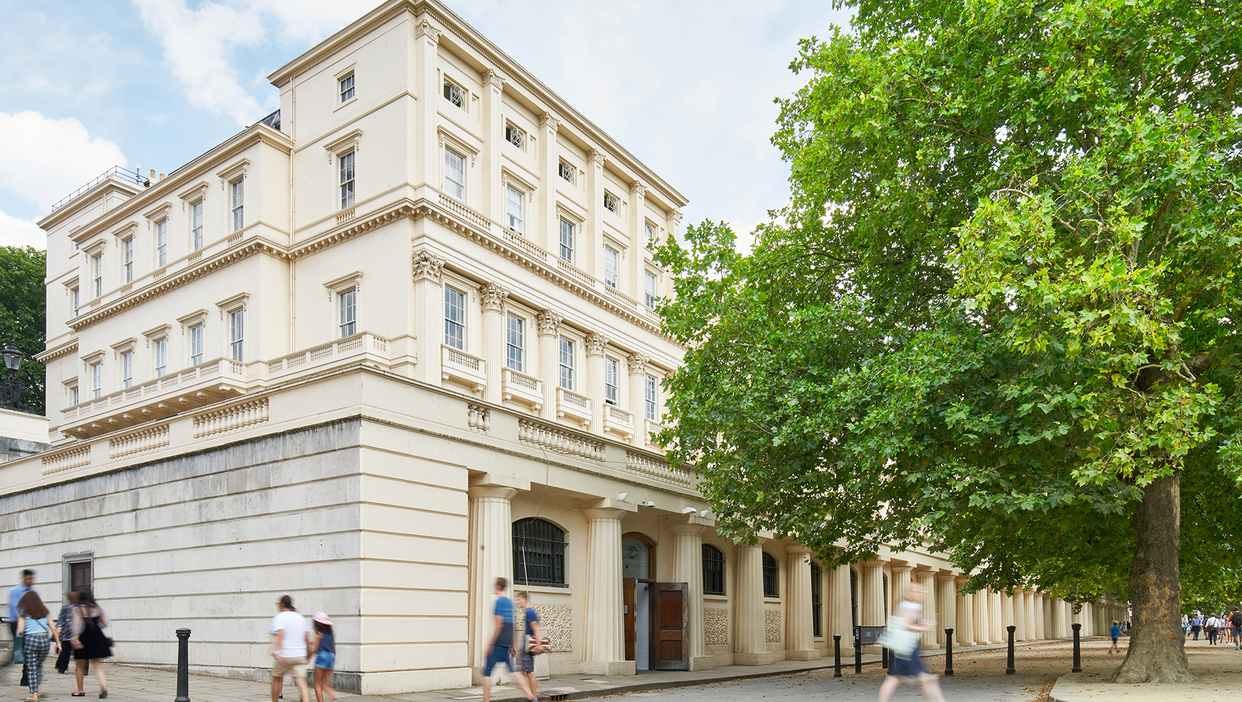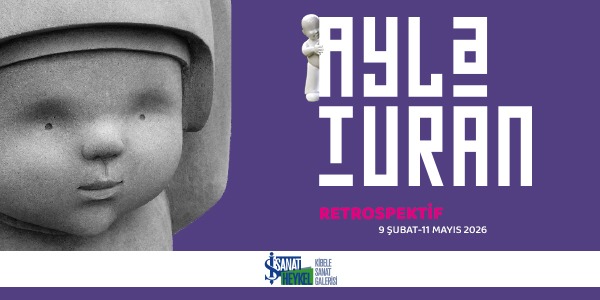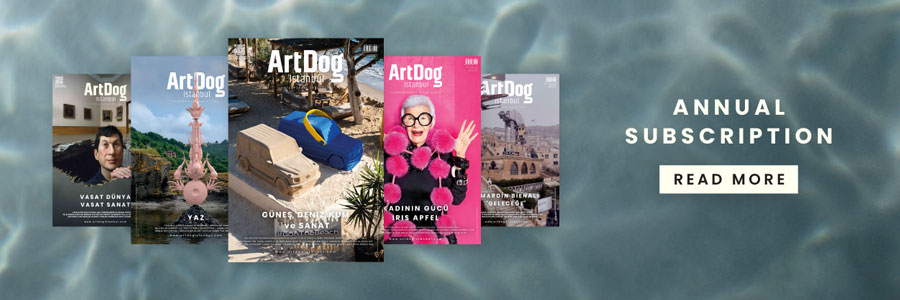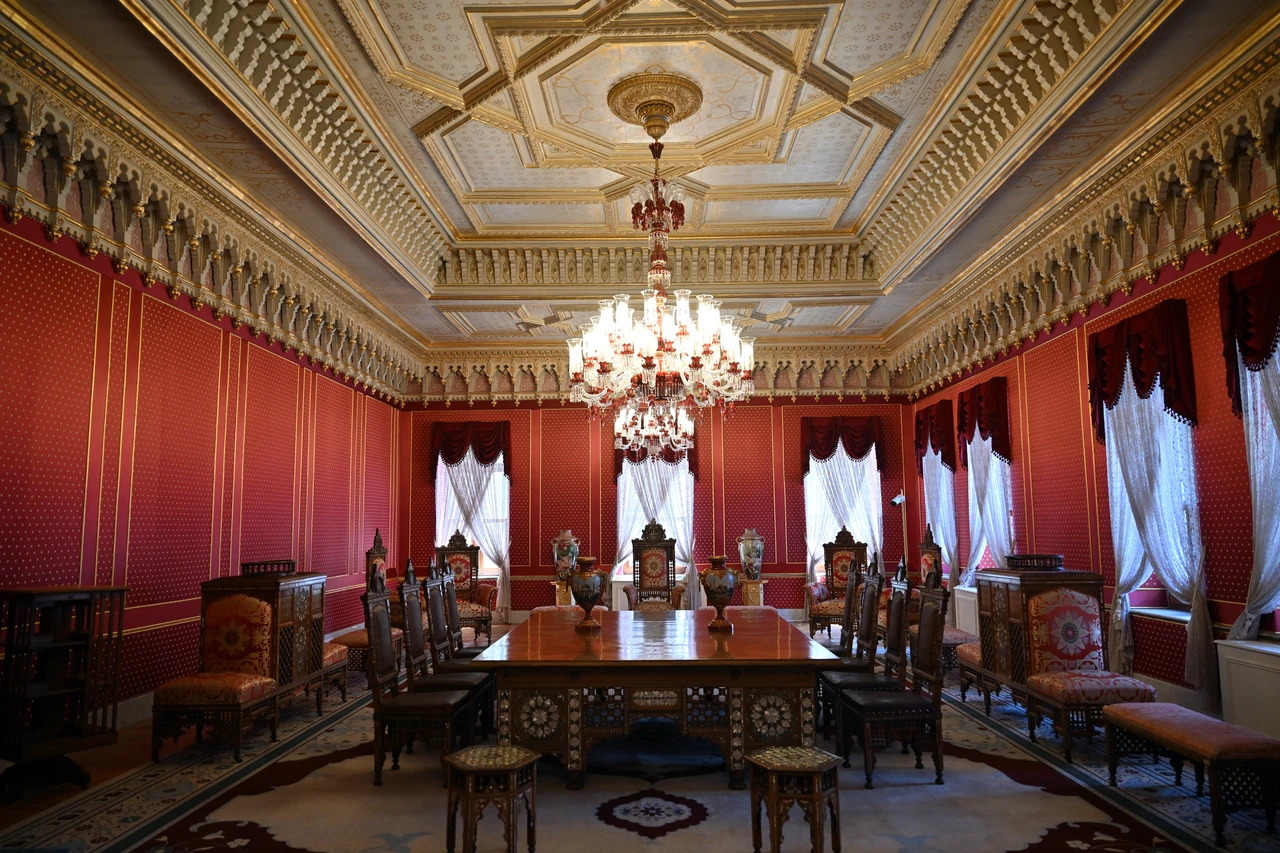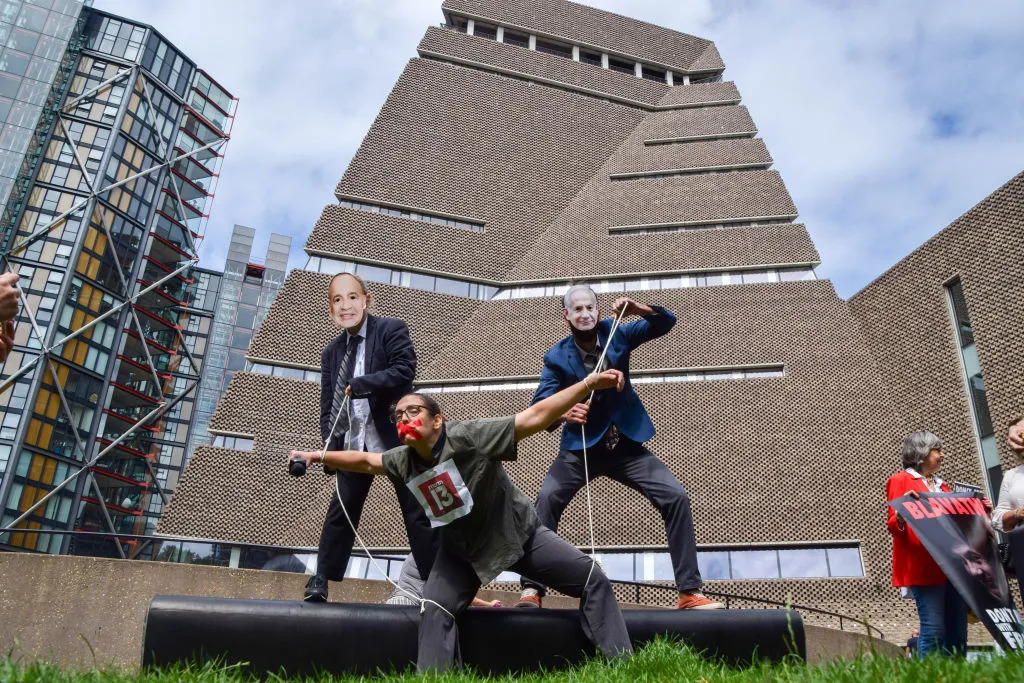On July 16, Alkadhi took to Instagram, stating, “I cannot accept for my work to be instrumentalized in the service of structural repression, weapons manufacture, apartheid or genocide.” She demanded “disclosure and accountability” from ICA leadership, warning that she would start the process of withdrawing her exhibition if her demands were not met.
Her show, “Templates for Liberation,” marks Alkadhi’s debut solo exhibition in the United Kingdom and is scheduled to run through September 8. The exhibition interrogates the legacies of colonial exploitation in Iraq and its neighboring regions through a compelling array of sculptures, photographs, and archival materials.
Earlier this month, former ICA employees alleged that the institution terminated their employment due to their involvement in the Global Strike for Palestine on October 20 and for posting an open letter advocating a cultural boycott of Israel on the ICA’s website without leadership’s consent.
“On March 13th, it was announced at an all-staff meeting that 14 roles were at risk of redundancy. Among these 14 roles were all the staff who had been given informal warnings in October [for their role in the action], as well as the trade union representatives who were supporting them,” read a statement from the terminated workers, which was shared on Instagram by Cultural Workers Against Genocide (CWAG) and Artists and Culture Workers LDN. “Staff were told the reasons behind these redundancies were financial. The union membership’s demand for senior-level pay cuts was rejected.”
Despite the union’s efforts, only three out of the 14 terminated positions were saved. However, all employees in the communications department who had received informal warnings were dismissed. The downsizing also led to demotions, pay cuts, and role reductions for other workers. Former employees insisted that those involved in organizing the events were indeed fired for their activism. They also noted that at least six staff members had resigned in solidarity with the dismissed workers and in protest against ICA’s financial mismanagement and worker mistreatment.
The ICA responded to these allegations by affirming their commitment to ongoing conversations with their partners and supporting the artists they showcase.
Alkadhi declined to comment further but expressed her sentiments on Instagram, writing, “The institution has never been our moral compass; it is empty but for the heart and labor of its workers, curators, and educators.”
Alkadhi’s demand for accountability underscores a broader, contentious dialogue about the intersection of art, activism, and institutional ethics, echoing through the galleries and hallways of contemporary cultural spaces.





